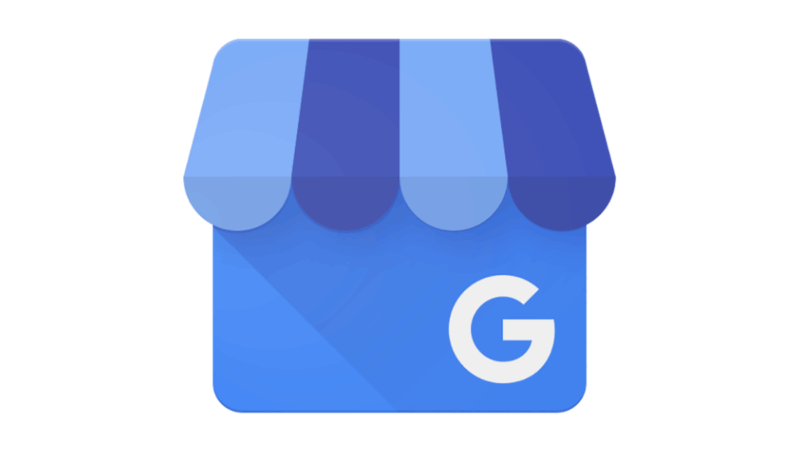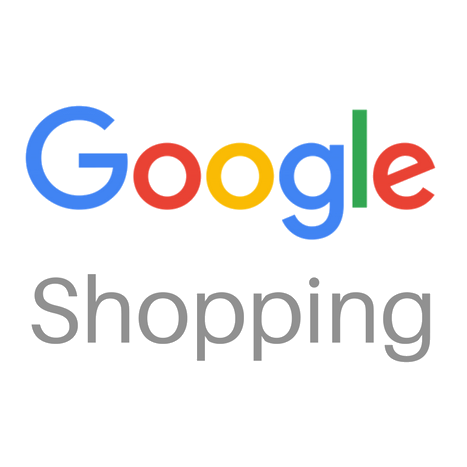I Started My Online Food Business At 17: It Now Earns $720K/Year
Hello! Who are you and what business did you start?
Hello, my name is Mohamad Saad, and I am one of the founders of HalalWorldDepot, America’s premier Halal online marketplace. The company started three years ago as meat and grocery delivery service and slowly grew into a full-blown online marketplace offering a wide range of Halal products.
I am a user experience software designer and spend a lot of time making sure the website is straightforward to use for the consumer. With many products added to the site, from Halal cosmetics to Halal vitamins and meats, it can be challenging to make everything visible, not crowded, and easy to find.
With a simple goal of getting as many Halal items listed, we also focus on building a community of Muslims around the United States to connect and come together. A home formed on a website where all can feel welcomed and comfortable shopping and finding the products they need.




































